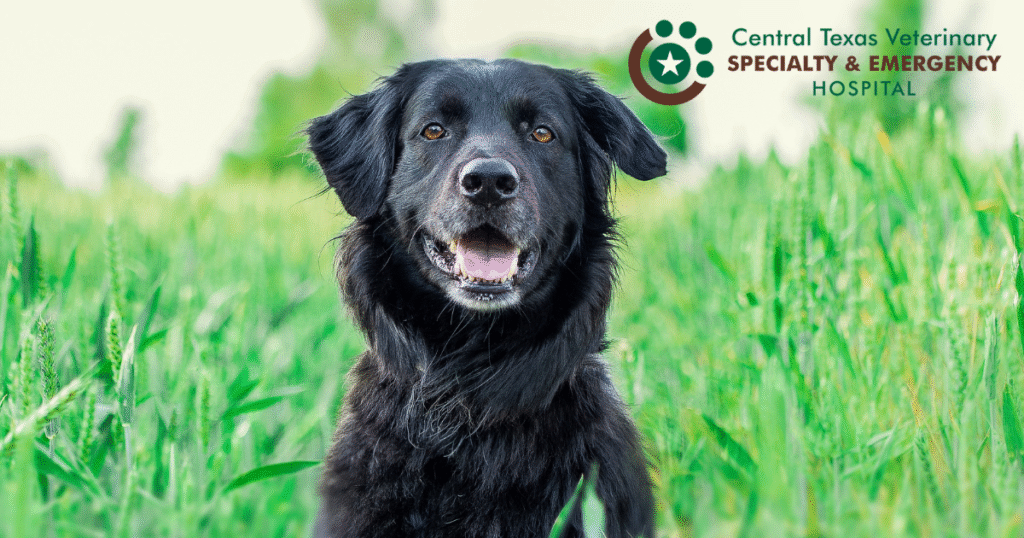As pet parents, we may not always enjoy the task of cleaning up after our furry friends, but their poop can provide valuable insights into their health! Understanding what is normal and what is not can help you identify potential health issues early on. Here is a guide to what your pet’s poop might be communicating to you.
1. Color Clues
- Brown – Normal, healthy stool should be chocolate brown.
- Black or Tarry – This may indicate internal bleeding in the stomach or upper intestines.
- Red Streaks – Bright red blood can suggest bleeding in the lower digestive tract.
- Green – This could result from consuming too much grass or indicate gallbladder issues.
- Yellow or Orange – This may suggest liver problems or issues with bile production.
- White or Gray – This might relate to pancreas or liver issues, or excessive calcium in the diet.
2. Consistency Matters
- Firm and log-shaped – Ideal and healthy.
- Too hard or dry – May indicate dehydration or constipation.
- Soft or mushy – Could be due to dietary changes, stress, or mild digestive upset.
- Liquid diarrhea – May suggest infections, parasites, or more serious gastrointestinal issues.
- Greasy or shiny – Might indicate pancreas issues, such as exocrine pancreatic insufficiency (EPI).
3. Contents to Look For
- Undigested food – Might mean poor digestion or malabsorption.
- Mucus – Could indicate irritation in the colon or inflammation.
- Worms or white specks – Signs of parasites that require veterinary attention.
- Foreign objects – If your pet ingests non-food items, they may eat things they shouldn’t!
4. Smell Check
- A strong odor is expected, but excessively foul-smelling poop could indicate an infection, parasites, or poor diet.
When to See a Vet
If you notice persistent changes in your pet’s stool, such as blood, diarrhea lasting more than a day, worms, or a drastic change in color or consistency, it’s best to consult your veterinarian.
Your pet’s stool is a great indicator of their overall well-being. By keeping an eye on it, you can help ensure your furry friend stays happy and healthy!

